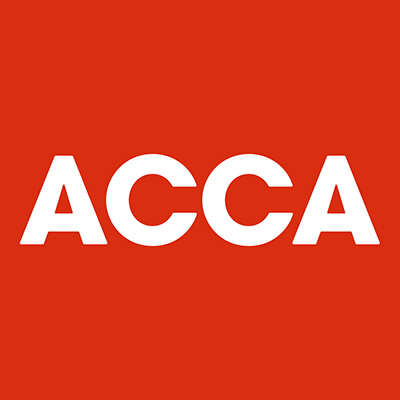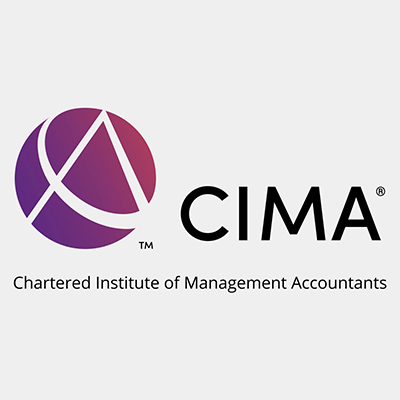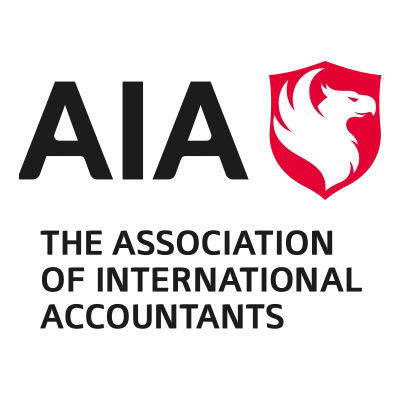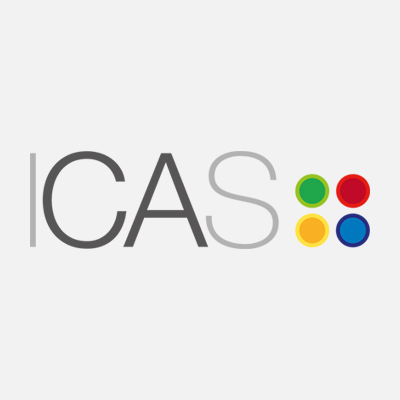Why study Accounting and Finance?
Please note: This course is advanced entry to Year 2 only (depending on your qualifications). This means we cannot accept applications for Year 1. Please check the Entry Requirements tab for eligibility.
Join our professionally accredited Accounting and Finance degree and learn how to work at the financial heart of any business. Accredited by four professional bodies, this practical degree gives you all the knowledge and skills you need to start your career in accounting and finance.
We put employability at the forefront by focusing on the latest themes in financial management. You’ll have the option to study abroad and/or go on a work placement.
🎬 Watch the video to hear what Gonzalo Forgues-Puccio, an Accounting and Finance lecturer, has to say about this course and the flexible Accounting pathways.
Accounting and Finance Pathways | Abertay University from Abertay University on Vimeo.
Work placements and study abroad options
-
Professional body accreditation from CIMA, ACCA, AIA and ICAS.
-
International study and work placement options.
-
An enhanced CV filled with activities such as Entrepreneurial Brains Made on Campus (EMBC) in association with Germany’s Stuttgart Media University.
-
If you want to start your own business, or work as a freelancer, our business incubator, Bell Street Ventures is here to help you.
You’ll graduate with a CV packed with projects like the IBM Universities Business Challenge, and ready to start your career in accountancy, auditing or corporate finance.
You'll develop the key management skills you need to deliver a financially and environmentally sustainable performance for any organisation. And, whether your ambition is to start your own business or work for someone, your skills will be relevant all over the world.
'A fantastic place to learn.'
Oliver Rymer, Abertay Business Graduate, Lloyds Banking Group
Abertay is widely regarded as THE place to come for student satisfaction and high quality teaching. But don't just take our word for it:
-
Scotland's Top Modern University for Student Satisfaction - National Student Survey 2024 and The Complete University Guide 2025.
-
UK Top 10 for Student Experience - The Times Good University Guide 2025 and The Daily Mail University Guide 2024.
-
Top Scottish Modern University - National Student Survey 2023 and 2024.
Please note: The curriculum of this degree is currently being reviewed to ensure it reflects the latest industry needs and graduate opportunities. These changes are designed to improve your learning experience. We’ll keep applicants informed of any updates as soon as they are made.




























